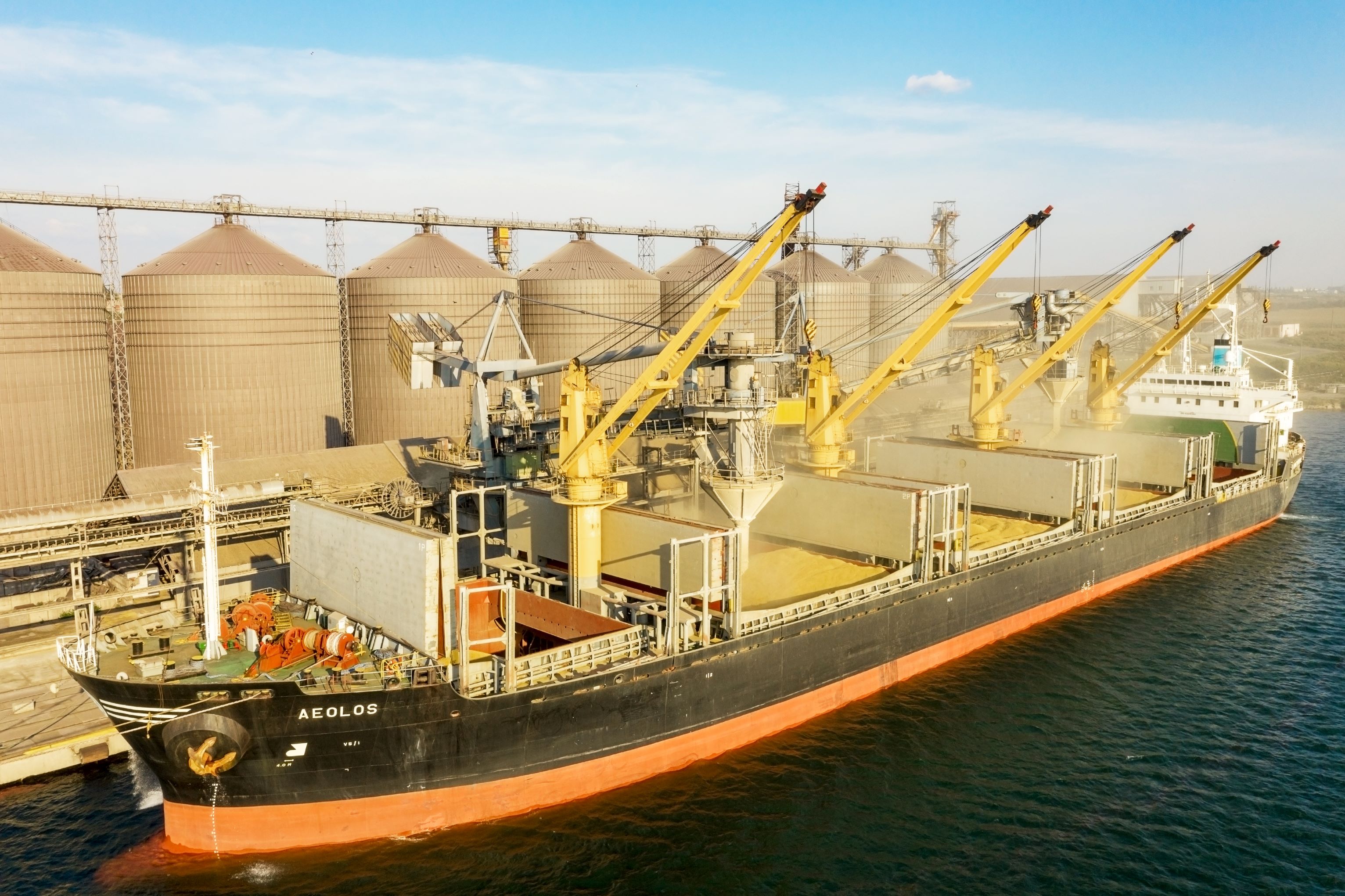
The Black Sea Initiative that allows food products to flow from Ukrainian ports to the rest of the world was extended by another 60 days yesterday (17 May), one day ahead of a possible Russian exit from the deal.
The temporary measure, brokered between Ukraine and Russia by the UN and Turkey, was due to expire today (18 May).
The agreement has allowed more than 30m tonnes of wheat, corn and other foodstuffs to be exported from Ukraine, according to the UN.
‘Good news’
Turkish president Tayyip Erdogan announced news of the deal in a television address, and this was later confirmed by the other parties.
In the address, Erdogan said: “With the efforts of our country, the support of our Russian friends and the contribution of our Ukrainian friends, the Black Sea Grain Initiative has been extended by another two months.”
UN secretary general António Guterres welcomed the move, calling it “good news for the world”, but added that “issues remain” ahead of any comprehensive agreement.
Ukrainian infrastructure minister Oleksandr Kubrakov said the next challenge was making the agreement more efficient by cancelling “artificial barriers”.
According to the BBC, after the deal was announced, Vassily Nebenzia, Russia's ambassador to the UN, said: “We still do not lose hope that the problems that we are raising will be sorted out. The sooner the better.”
Possible withdrawal
There had been concerns that Russia could withdraw from the pact, citing difficulties in shipping its own goods as a result of sanctions imposed on the country as a result of its illegal invasion of Ukraine.
Last month, as reported by the IOE&IT Daily Update, the initiative had faced a series of setbacks, with inspections being paused, shipments delayed and arguments breaking out over procedure.
Moscow has already withdrawn from the agreement once, before re-joining a few days later, and has often signalled that its future participation in the initiative is far from certain.
Trouble in Europe
The pact also faces pressure inside the EU as member states clash over restrictions on Ukrainian grain being moved into Europe. Nations including Poland and Hungary have complained that the imports have undermined their own farming industries.
Politico reports that 12 EU agricultural ministers have “raised concerns” over an agreement made between the European Commission and five other member states that saw a temporary blockade imposed on the Ukrainian imports and provided €100m in support for farmers.



